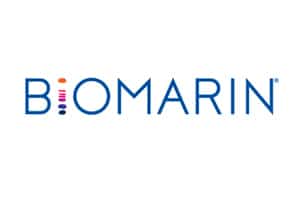
In a recent announcement, BioMarin shared that its gene therapy developed to treat the rare disease phenylketonuria will stay on hold, following the FDA’s request for further non-clinical studies – animal or lab-based trials – to evaluate the ‘theoretical oncogenic risk to human study participants’. According to the company, the studies are ‘expected to take several quarters’.
Phenylketonuria is a rare condition where patients are born without a vital enzyme needed to destroy phenylalanine, which is a common amino acid. If phenylalanine levels increase to toxic degrees, there is a potential for patients to experience neurological symptoms, which means they need to adopt highly restrictive diets to avoid consuming phenylalanine.
BioMarin has already developed two drugs which have been approved to lower phenylalanine levels in some patients. However, a gene therapy which replaces the enzyme could provide a long-term treatment to patients living with the disease.
BioMarin gave the update five months after the FDA placed the hold, as it gave evidence from an animal study from the company which demonstrated six out of seven of the animals involved who were given a high dose of the gene therapy developed tumours on their liver, following an examination a year later.
Adeno-associated virus (AVV) gene therapy is known to carry a risk of developing cancer and researchers studying the virus have repeatedly seen that this therapy can lead to tumours in mice.
Out of approximately 1,000 patients who have received an approved or experimental AAV gene therapy, there is yet to be an instance where a tumour can be conclusively associated with the therapy.
Hank Fuchs, president of Worldwide Research and Development at BioMarin, said: “It is our responsibility to answer new questions that arise for the benefit of patients, physicians and regulatory bodies, and for the field in general. Patient safety is our utmost priority.”
He added: “With new technologies in healthcare, we anticipate that both health authorities and developers will seek to characterise and evaluate potential safety-related signals to enable a more comprehensive assessment of these potential risks to patients.”




